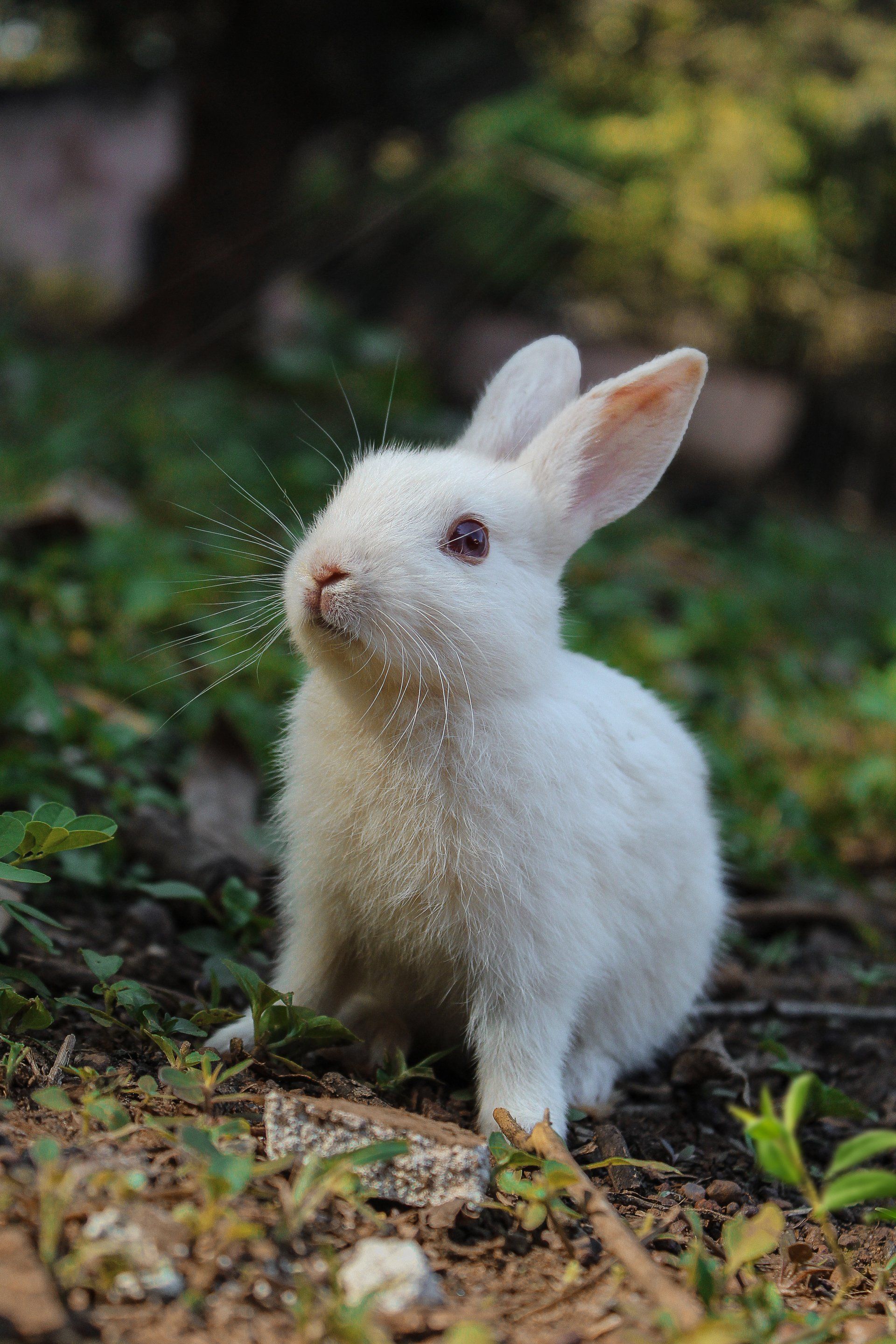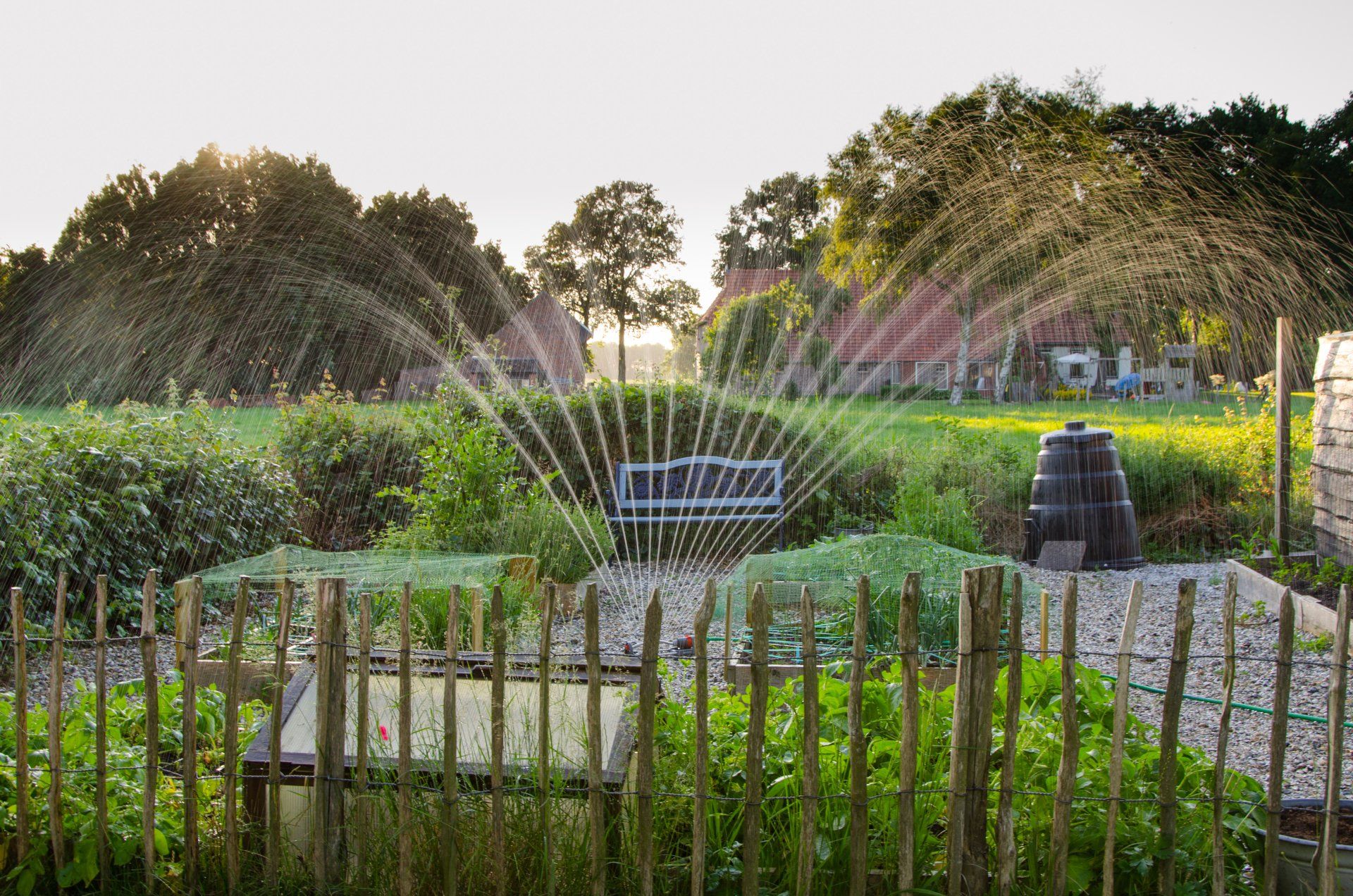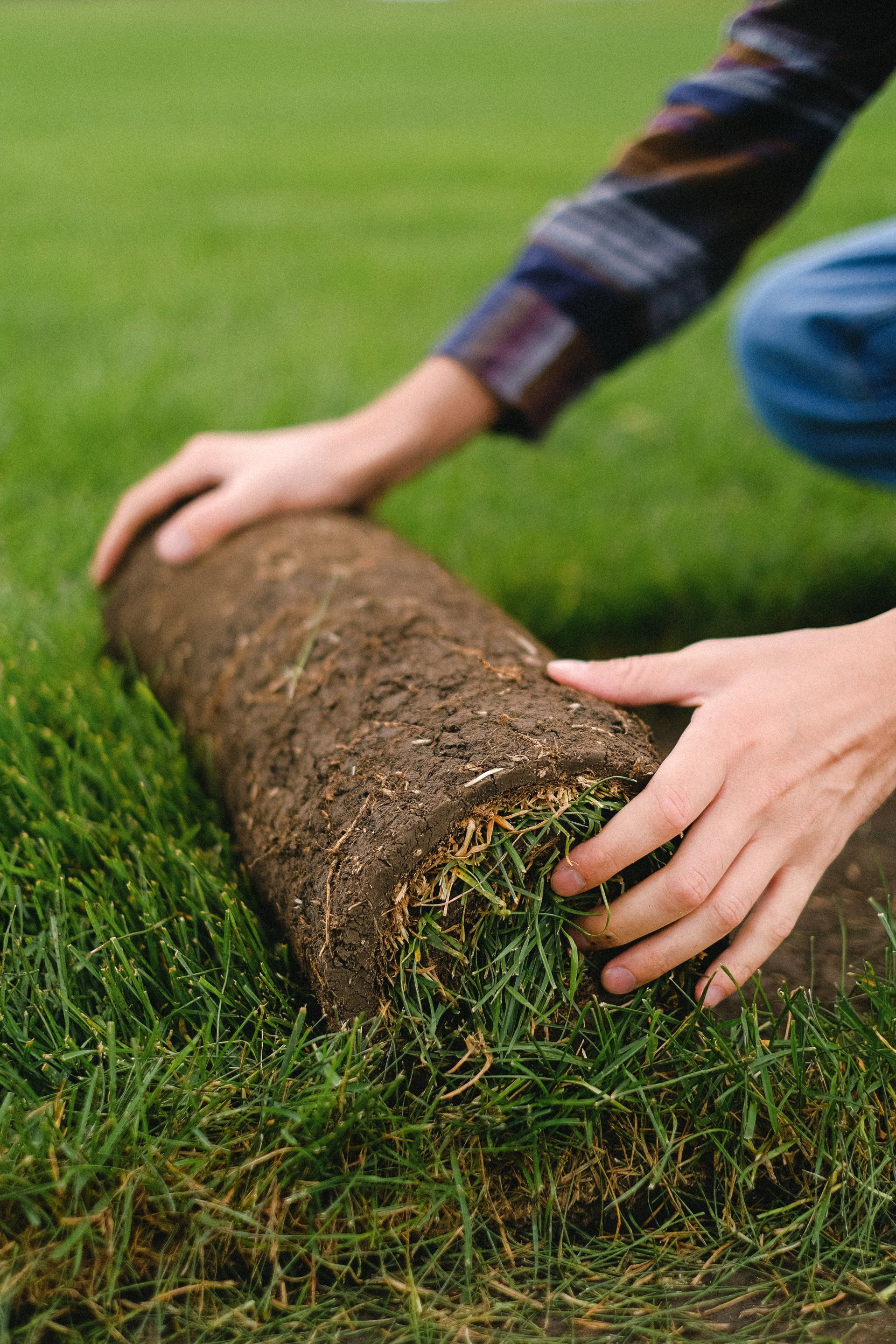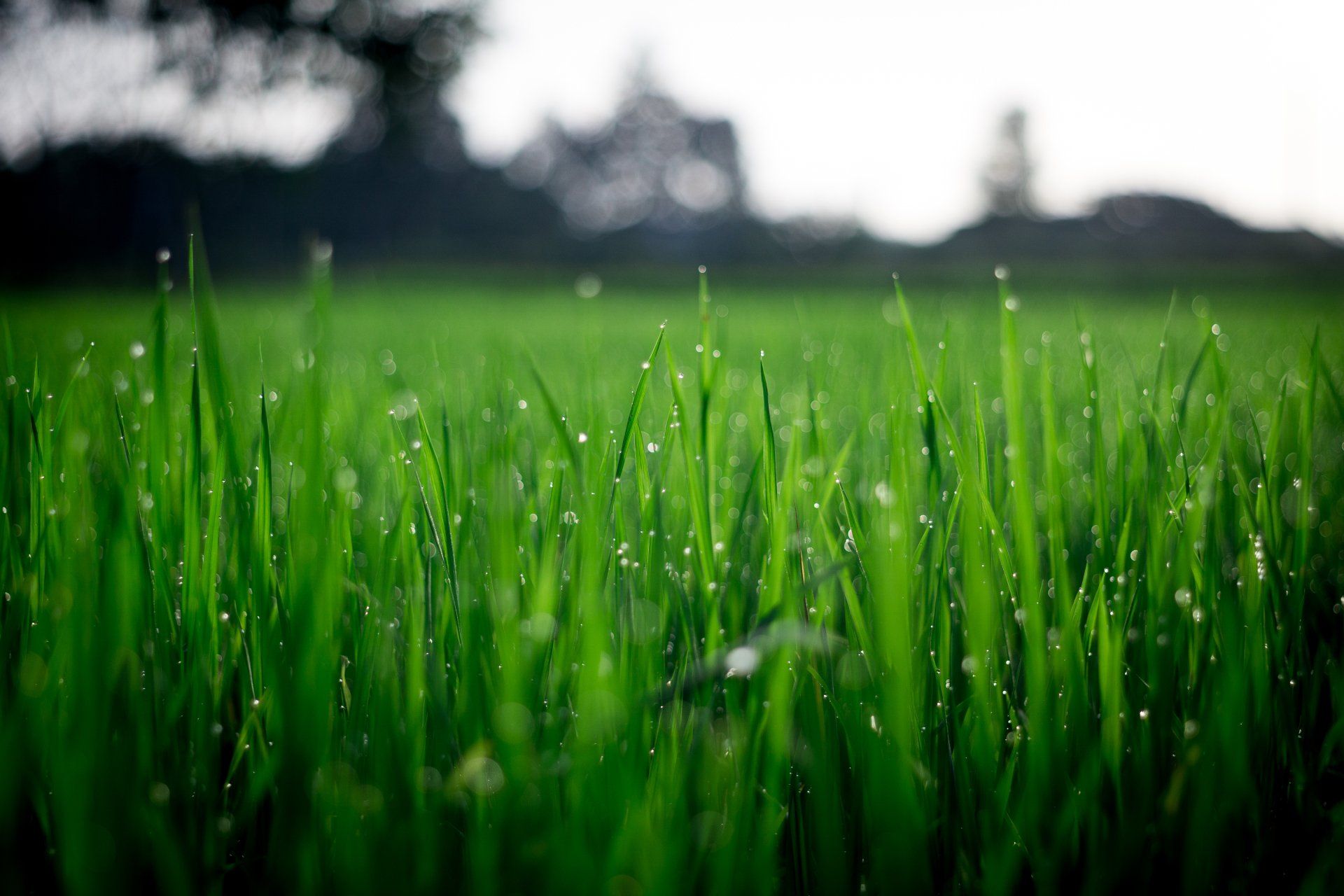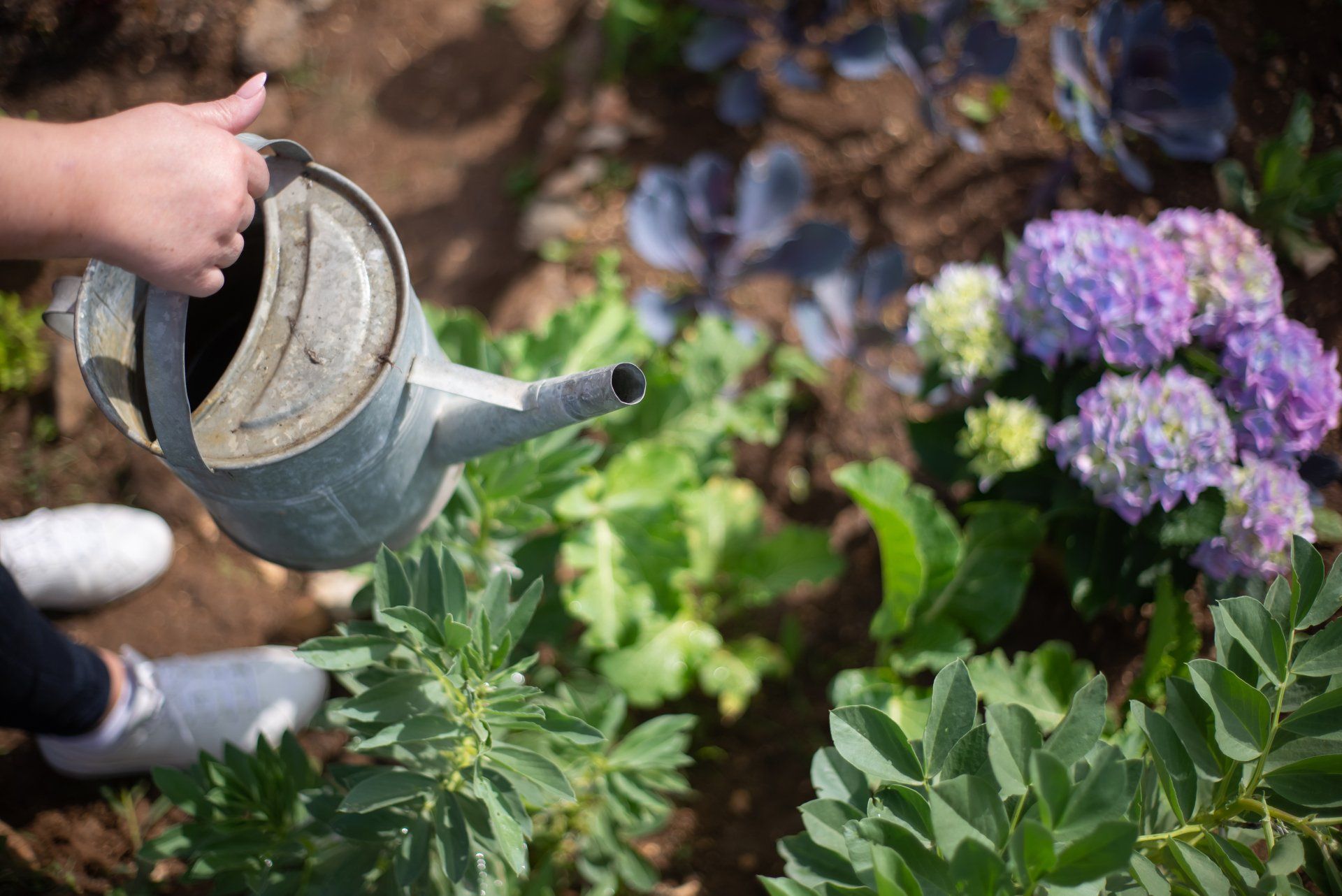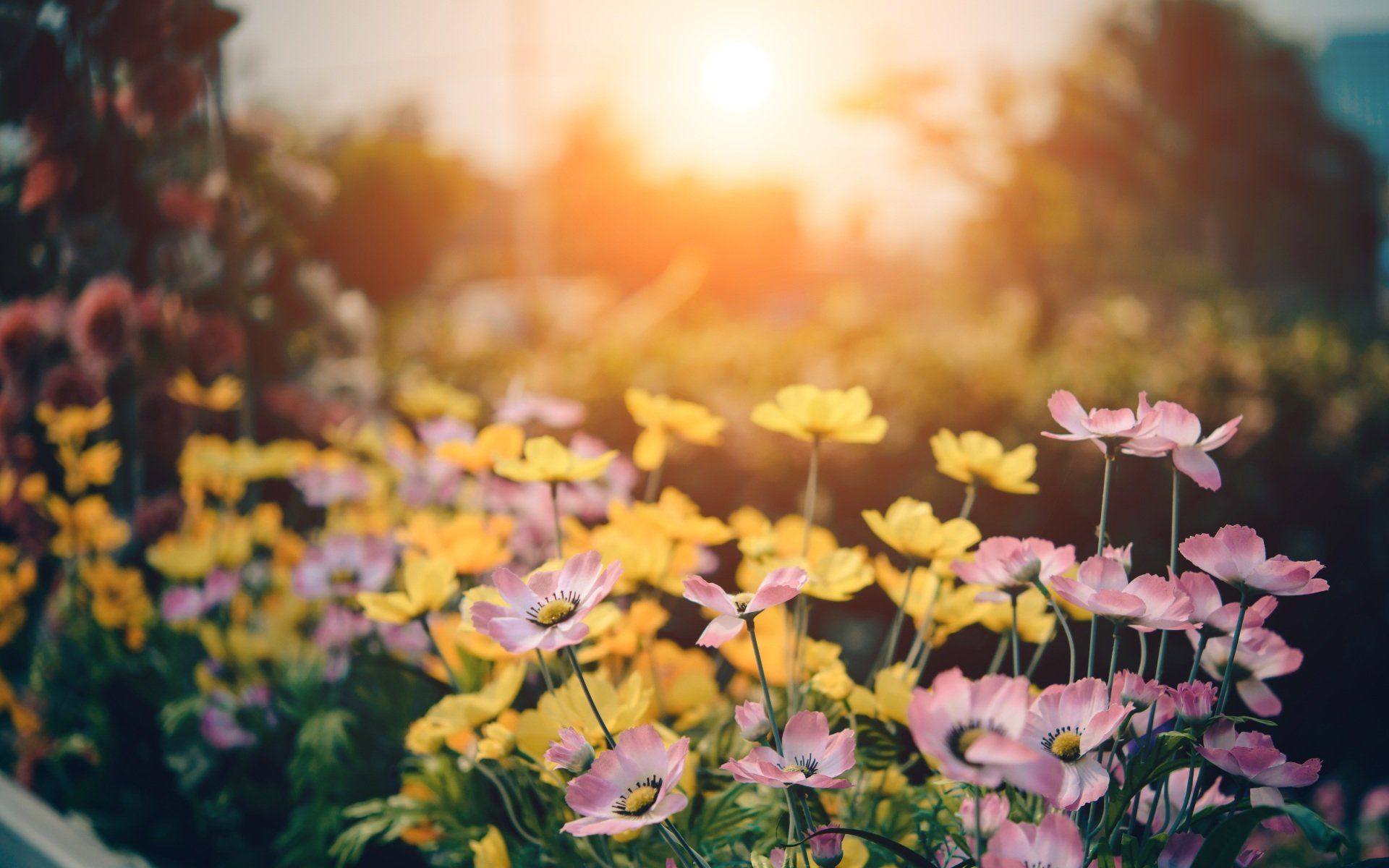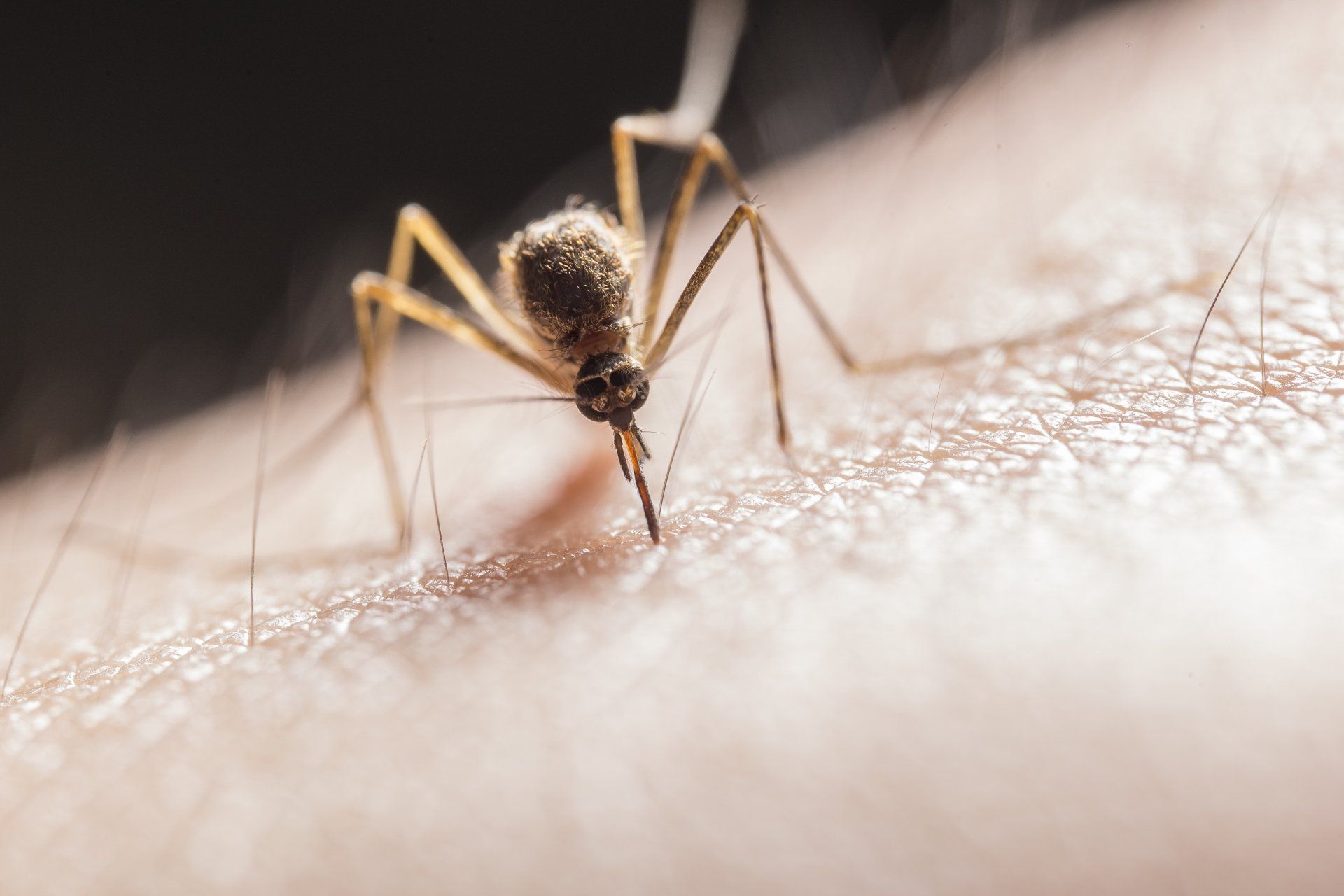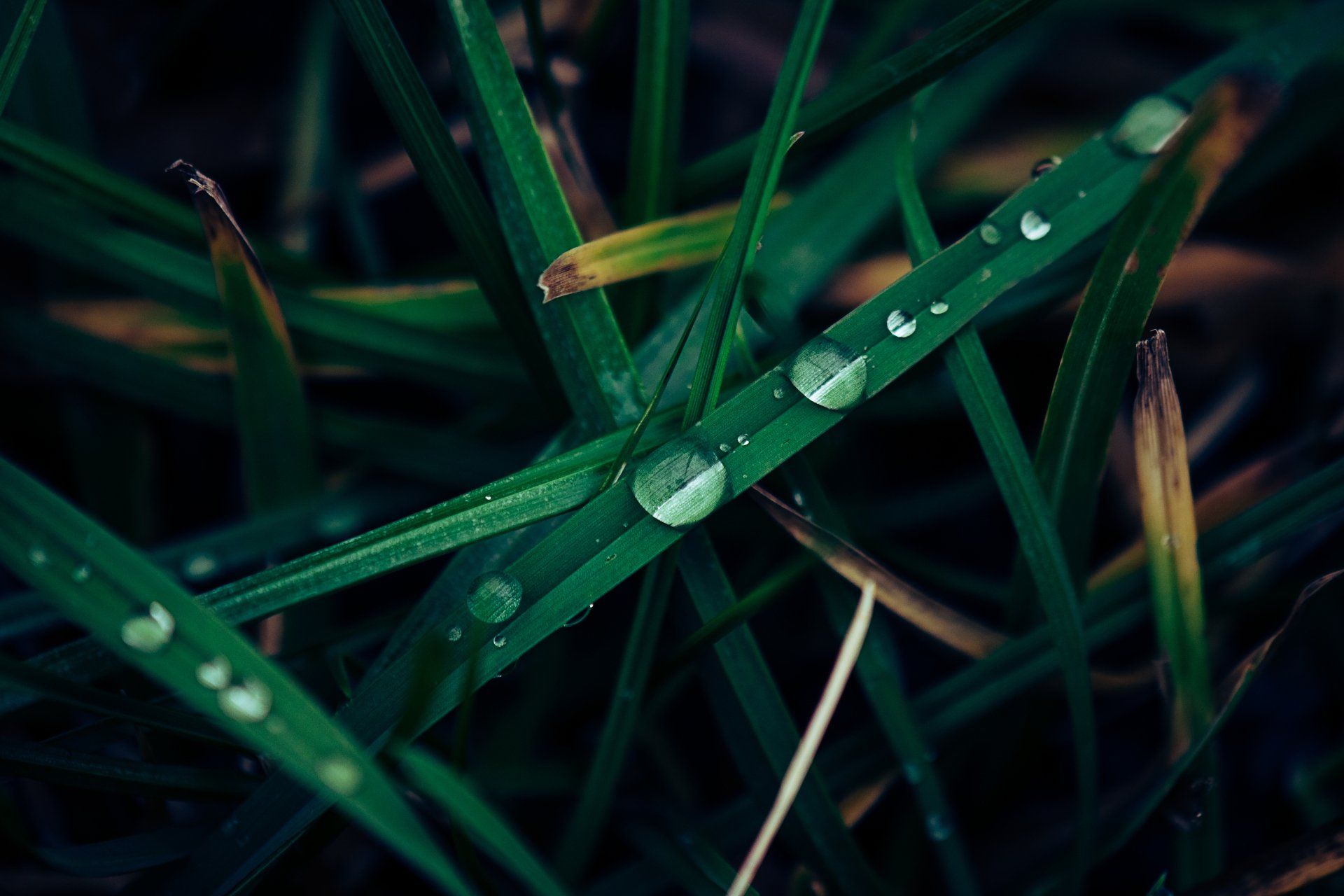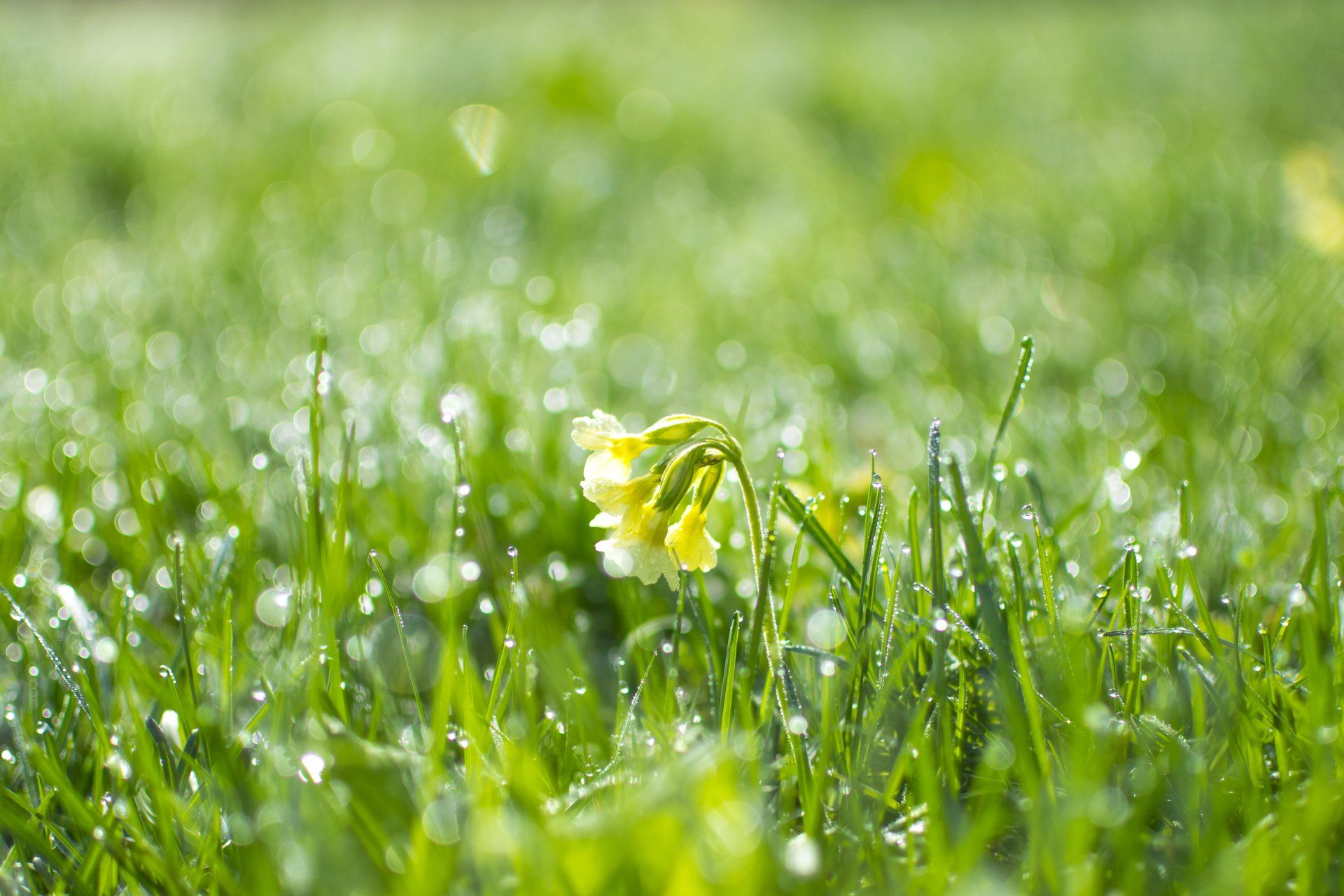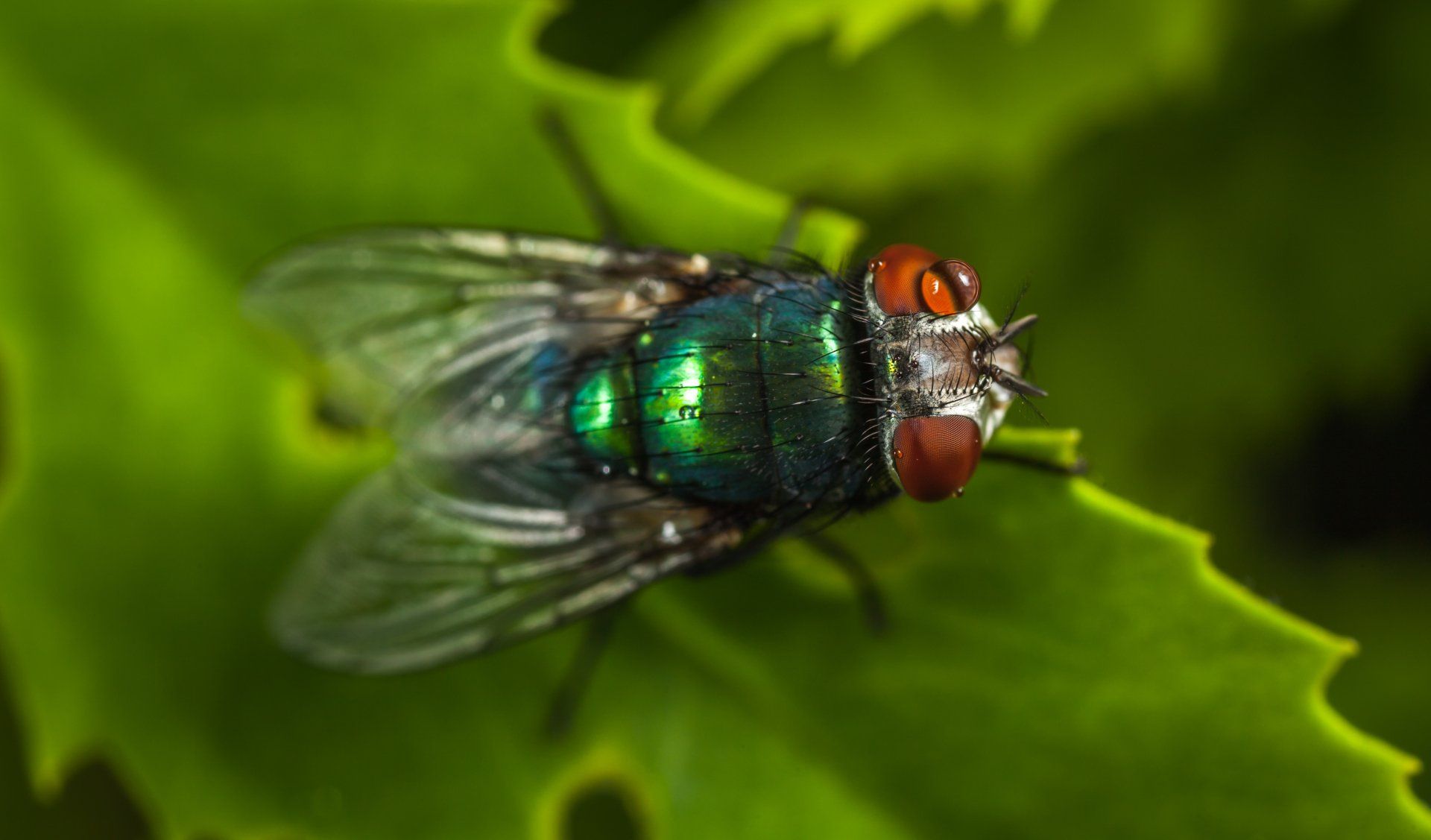What Does Mulch Do?
What Does Mulch Do?
Few substances are as useful to your garden as mulch. It is also commonly misunderstood as mulch. Even though it is widely acknowledged as an important part of the landscape, no one is aware of the reasons. Our experts are eager to offer answers to questions like "What does mulch do?" as well as "What is mulch used for?" to ensure you benefit from it and enjoy the garden that you've wanted.
What is Mulch?
Mulch can be described as any inorganic or organic substance that is positioned on top of the soil of a garden bed or utilized for landscaping. There are a variety and types of mulch available; there is no single mulch that can provide all the benefits, therefore it is essential to select one that is suitable for your specific needs, according to the site, type of plant soil, type and other. There are a variety of options to choose from:
Organic
Organic mulches are created of natural materials; they break down over time, bringing important nutrients to the soil.
Bark
Wood chips are perfect to use in perennial gardens or in the vicinity of trees or other plants and are an attractive feature in any garden. Pine is slightly acidic than other species, making it a great choice for plants that require a more acidic habitat.
Compost
The nutrition-rich compost can be used as a standalone mulch or as a healthy supplement to plants, offering the plants a constant supply of carbon and nitrogen. Since it is fast decomposing, it is possible to add more mulches of it every month during the peak growing season.
Lawn Clippings
Although they can be effective in removing weeds, however, they should be handled with care as they could create an unpleasant smell and block the flow of water, or even mat if the layer is thick.
Shredded Leaves
Leaf mulch is appealing to earthworms, and it is a good method of disposing of leaves that are accumulating on your property. Because it's not an appealing option, you might want to use this mulch only in more informal areas of your garden.
Straw
An overhang of straw may help retain the moisture and deter weed growth; it also attracts insects and repels rodents and birds. It breaks down very slowly and will last throughout the entire growing season.
Inorganic
Inorganic mulch is a durable alternative that may hinder an increase in weeds; however, it does not provide any nutritional value to the soil or plants.
Landscape Fabric
In areas that are not in use or in areas that don't require fertilization, the landscape fabric can be a useful barrier to weeds. However, it may also block the passage of water as well as important nutrients.
Stones
Perfect for areas that require help with drainage or heat retention.
Benefits of Mulch
In addition to adding to the aesthetics of your landscape, mulch also offers a host of benefits that include:
- Moisture retention
- Weed control
- The prevention of soil erosion
- Keep or enhance the soil's nutrition
- Pest control
- Attracts earthworms
- Cedar, cypress, and pine wood can assist in repelling ticks, fleas and gnats
Maintenance and Tips
- Spread the mulch out in layers ranging from one to three inches to promote oxygen flow and prevent the growth of rot.
- Allow space between the roots of plants or trees to stop rot and disease.
- Bark mulch or wood mulch must be thoroughly soaked after installation.
- You should consider adding a source of nitrogen in the soil prior to putting down wood mulch since stores can deplete as the wood mulch degrades.
Ready to work with Landscaping LeafExperts Vancouver?
Let's connect! We’re here to help.
Send us a message and we’ll be in touch.
Or give us a call today at 604-409-5034
More Tips!
